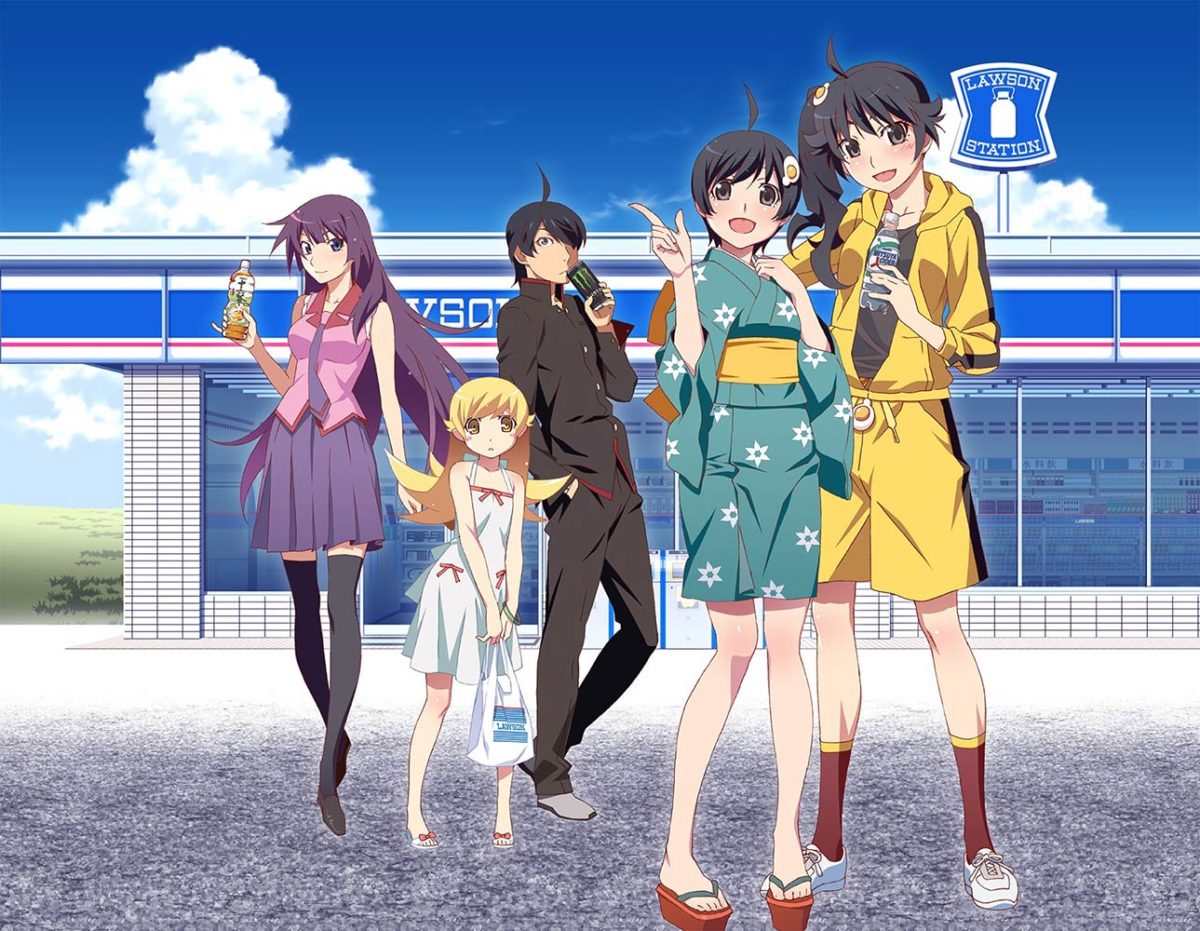We all know there are good internet communities and not-so-good internet communities. One site I enjoy visiting is Quora, a place where you can find questions on various topics (say, Japan) and read replies by people who are genuinely smarter on that topic than you or me. I was reading the site this morning and thought I’d pick up a few Quora questions about Japan to answer for today’s post. Hope you enjoy them!
Is it disrespectful to call a Japanese person by their first/given name?
In American English, we generally call everyone we’re passingly familiar with by their first name, but this isn’t the case in Japan, where layers of politeness (perhaps “social distance” would be a better word) are maintained. The “neutral” way to call someone would be their family name + san, but if you’re close to them in relationship and age you can use their first name, or even a nickname, a theme in many anime series. Using the “right” name helps relationships flow smoothly. It’s almost like TCP/IP for humans.
In the (outstanding) Seishun Buta Yarou anime, there’s a scene where main character negotiates with Mai Sakurajima about whether he’ll call her senpai, Sakurajima-san or Mai. The reason he wants to call her by her name only is, that implies a much closer relationship than they actually have, and he’s trying to date her.
Why are there different ways to say “I Love You” in Japanese?
If all languages aren’t at least a little unique and innovative when it comes to love, I think the world would be less for it. Japanese uses 好き suki to represent low-level romantic love while dating, 恋 koi for a deeper romantic or sexual love, and 愛 ai for the life-spanning love between a couple, or a family. The word 恋愛 ren’ai combines both koi and ai into a total word encompassing everything about love.
The “preferred” way to tell someone you love them along Japanese might be to almost never say it. Yasu, J-List’s book buyer, only tells his wife once every five years or so. “That way it will have lots of impact when I say it.”
Is it impolite to say ‘no’ in Japan?
It’s…complicated. There are words for ‘no’ (iie) and ‘it is forbidden’ (dame), but they’re considered severe and unpleasant. It’s much better to use one of the many polite phrases or indirect nonsequiturs Japanese has available when expressing a negative response. Of course, telephone marketers sometimes use this tendency to avoid direct refusals, so people learn to tell them ‘no’ very directly.
What countries do Japanese romanticize?
They love to build complex fantasy images of European countries, especially France, Italy and the U.K. There are TV programs that follow train lines in European countries, showing viewers the many wonderful sights at each stop. They also have a unique fascination with the American southwest.
Do Japanese dislike foreign tourists who can’t speak English?
One of the more common Quora questions about Japan. The answer is, not at all. Outside visitors are okyakusama, guests in Japan, and are afforded every courtesy. Over the past few years, the number of tourists in Japan has exploded, partially in expectation of the upcoming 2020 Tokyo Olympics, and more than ever, restaurants and hotels have English speaking staff, English menus and so on. They’re more understanding than ever of little errors we might make as foreigners. Note that residents of Japan (like me) are no longer considered guests, which is good since it forces me to get in sync with the society all around me more.
Did you enjoy these Quora questions about Japan? Got any more questions? I’m always happy to reply, visit us on Twitter!
We’ve got a great announcement for everyone: a flash Halloween $10 Coupon Sale, from now through the end of November 1st. During that time, you’ll get an automatic $10 off any order of $40 or more, with no coupon to enter. )Fukubukuro and J-List Boxes excepted, sorry.) What awesome products are you going to load up on before the sale ends? Browse the new products here.

















